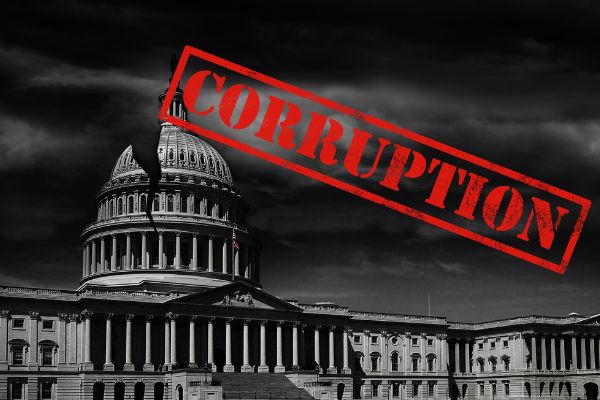
Speaker Mike Johnson (R-LA) recently put on hold a controversial plan to renew Section 702 of the Foreign Intelligence Surveillance Act (FISA) through the National Defense Authorization Act (NDAA). This surveillance-related section, often debated for its intrusive nature, had encountered substantial opposition from both sides of the aisle, including from House Judiciary Committee Chairman Jim Jordan (R-OH).
Initially, Johnson’s approach was ambiguous as his office did not confirm its stance on the renewal of Section 702. However, he later suggested that multiple Section 702 alternatives could be considered in the House, employing a strategic approach known as “King of the Hill.” This method involves putting various amendments to vote, with the last one gaining majority support being accepted.
Senator Ron Wyden (D-OR), a vocal opponent of extending Section 702 within the NDAA, highlighted the increasing bipartisan resistance to routine renewals of such surveillance legislation. Wyden, in collaboration with Senator Mike Lee (R-UT), co-authored the Government Surveillance Reform Act, aiming to modify Section 702.
With Section 702 now excluded from the NDAA discussions, the Judiciary Committee is set to examine proposals for modifying this surveillance statute. One notable proposal, the Protect Liberty and End Warrantless Surveillance Act (PLEWSA), mandates obtaining warrants for searches involving Americans under Section 702 and prohibits buying private data from data brokers, addressing the controversial “data broker loophole.”
The Judiciary bill also seeks to restrict FBI access to the Section 702 database and sets up penalties for violations under FISA, aiming to protect Fourth Amendment rights. This bipartisan initiative is supported by Reps. Jerry Nadler (D-NY), Jim Jordon (R-OH), Pramila Jayapal (D-WA), Russell Fry (R-SC), Warren Davidson (R-OH), Andy Biggs (R-AZ), and Sara Jacobs (D-CA).
A range of privacy-focused groups back this legislation, highlighting the urgent need for privacy protections and significant changes in government surveillance practices. Davidson emphasized the constitutional imperatives of privacy protection, reflecting a strong commitment to reforming FISA Section 702.
These content links are provided by Content.ad. Both Content.ad and the web site upon which the links are displayed may receive compensation when readers click on these links. Some of the content you are redirected to may be sponsored content. View our privacy policy here.
To learn how you can use Content.ad to drive visitors to your content or add this service to your site, please contact us at [email protected].
Family-Friendly Content
Website owners select the type of content that appears in our units. However, if you would like to ensure that Content.ad always displays family-friendly content on this device, regardless of what site you are on, check the option below. Learn More





